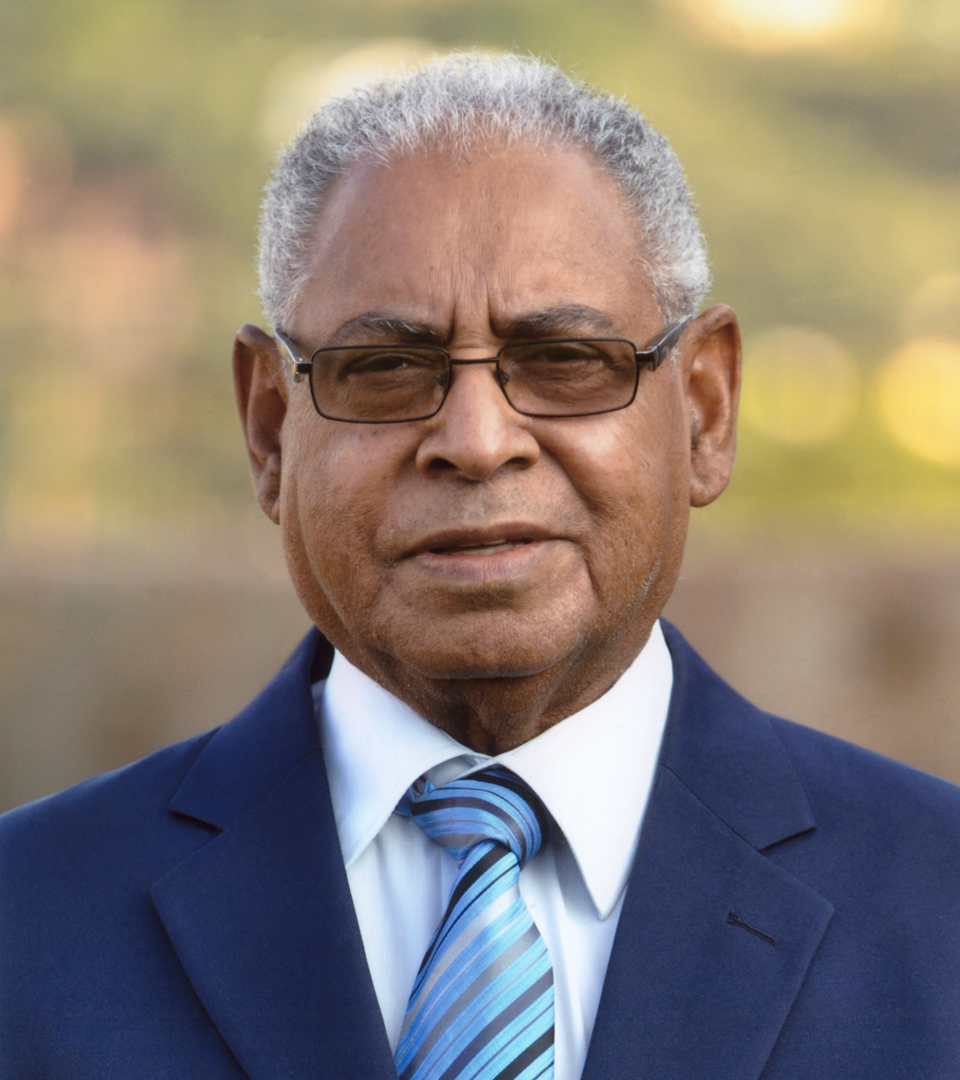Hoosain Ayob


Hoosain Ayob received his BA from Unisa in 1975.
Hoosain Ayob’s father died when Ayob was 10, and his family left his native Brits and took refuge at Mia’s Farm, a Muslim charitable institution in what is now Midrand. There was a keen interest in sport at the farm and Ayob was inspired; he went on to become both a provincial soccer player and a legendary cricketer. Cricketers categorised as “Indian” under apartheid were forced to play in a separate league, but in the 1960s, a movement agitating for non-racial cricket emerged among the sport’s “non-white” governing bodies. Ayob thrived as a fast bowler, becoming the first bowler to tally 100 wickets in the non-racial interprovincial matches of the decade. He would ascribe his success to tips gleaned while reading cricket books, and this characteristic studiousness carried through to his career as an educator. He served as a teacher, headmaster and cricket coaching director, and became the International Cricket Council’s Director of Development for Africa in 1998.